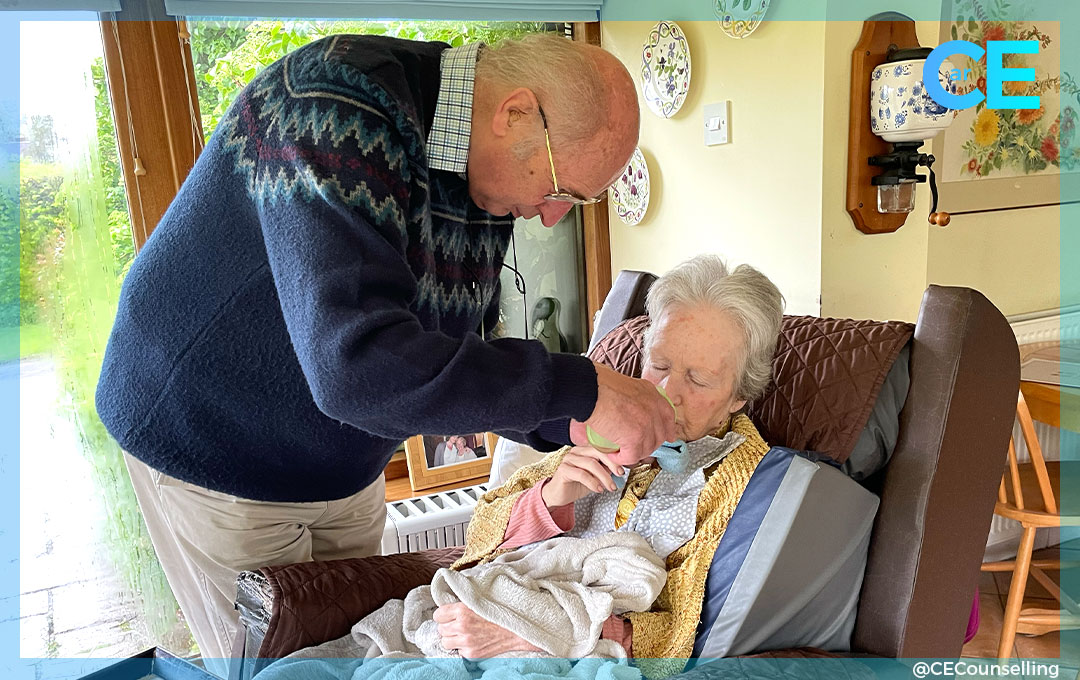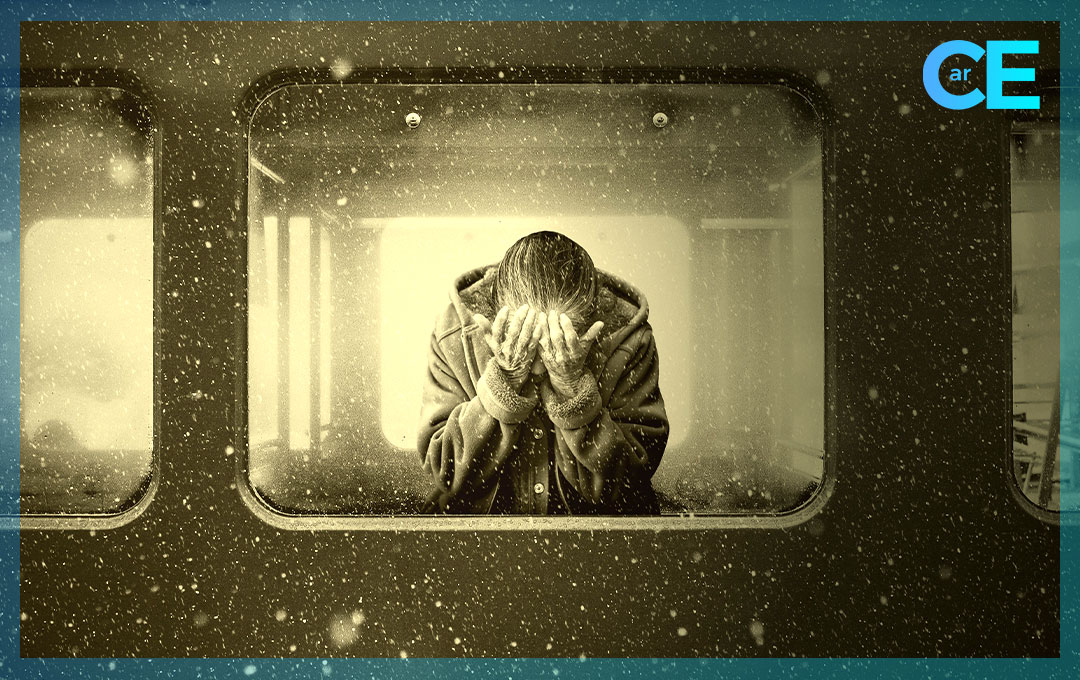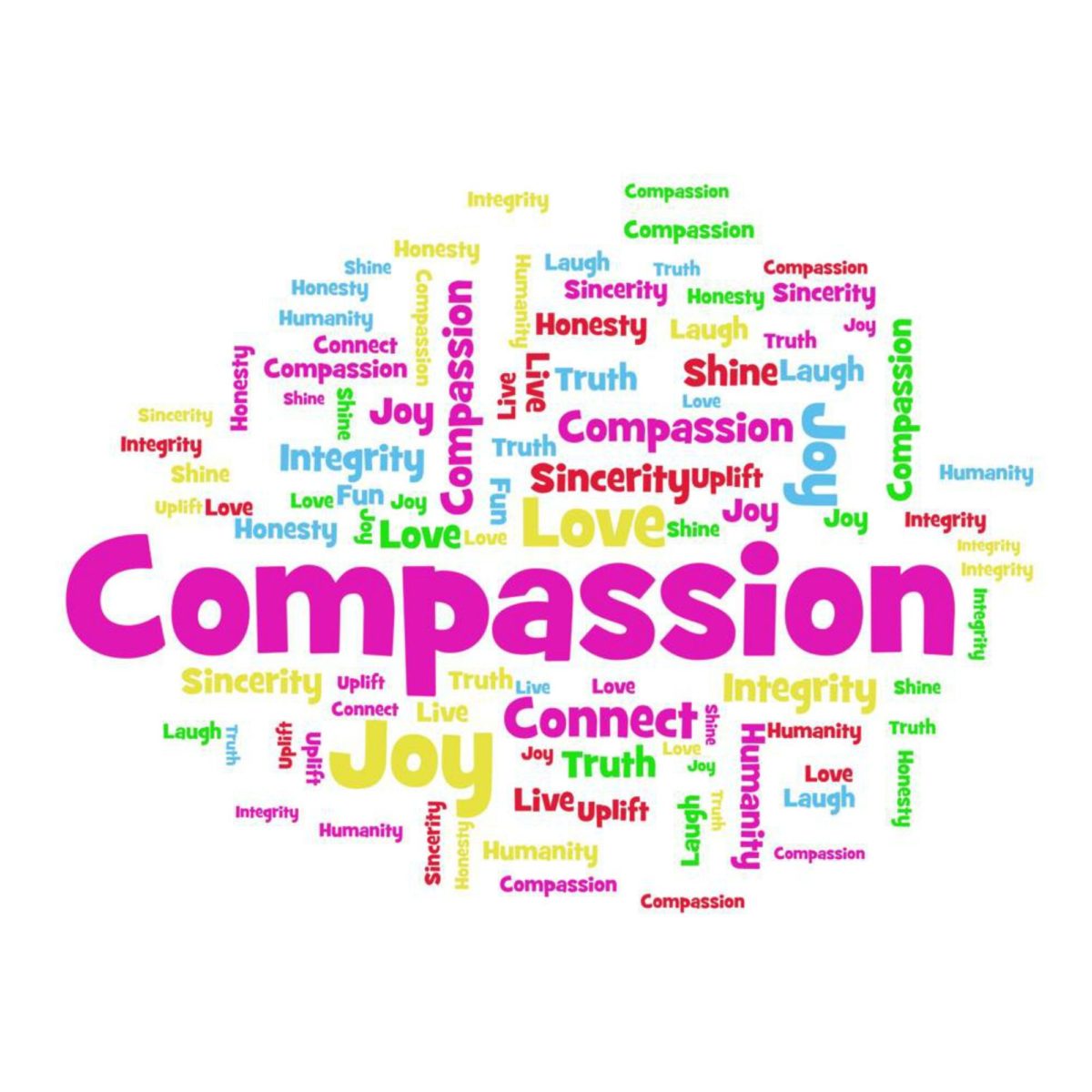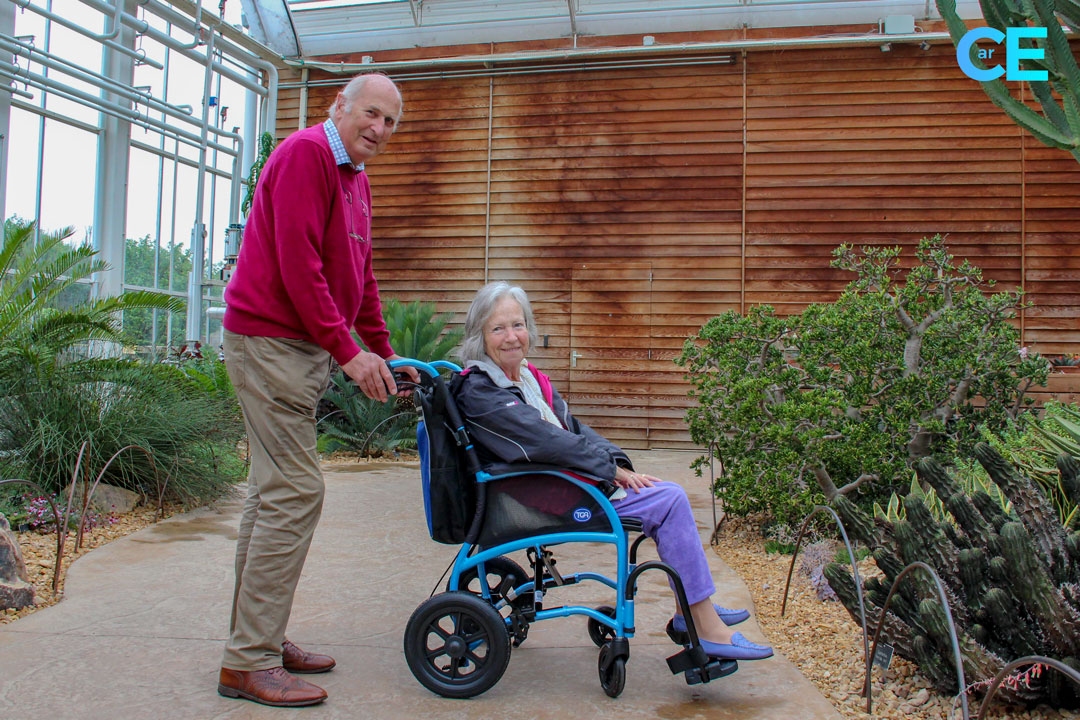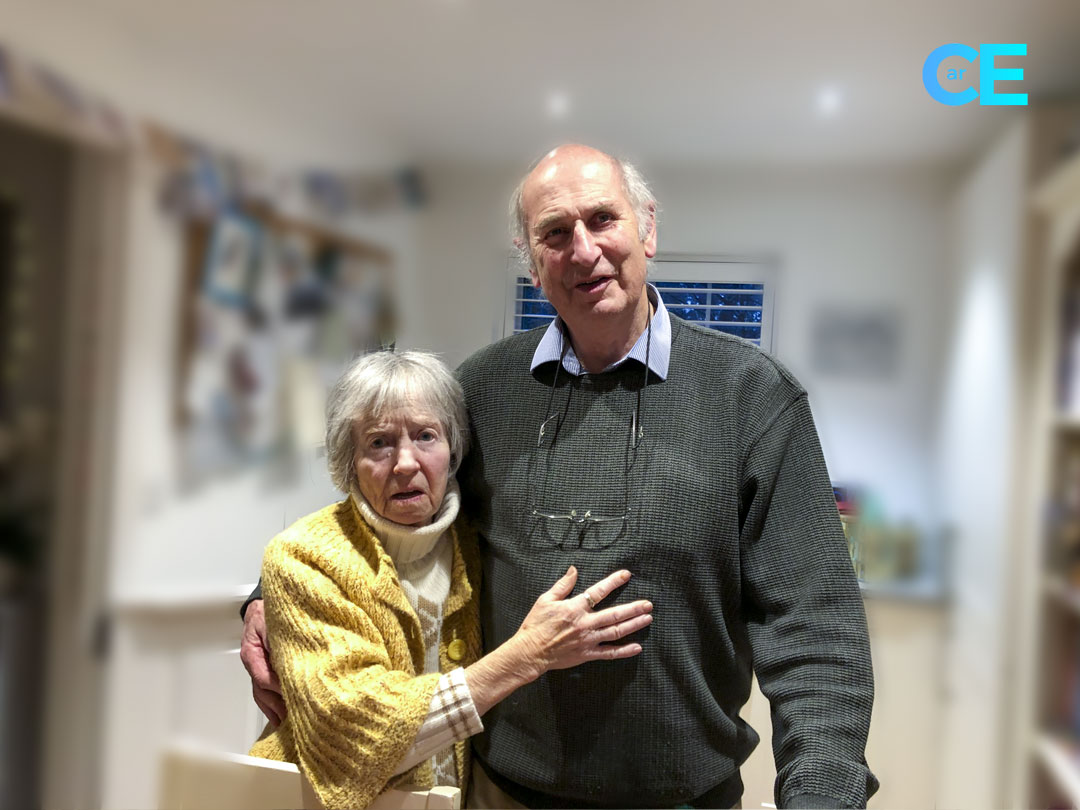What is Dementia?
Dementia, a collection of cognitive disorders characterised by memory loss, impaired reasoning and personality changes. It affects millions of individuals worldwide. According to the Alzheimer’s Society 2019 report, there are currently around 900,000 people with dementia in the UK. This is projected to rise to 1.6 million people by 2040.
Dementia is the loss of cognitive functioning — thinking, remembering, and reasoning — to such an extent that it interferes with a person’s daily life and activities. Some people with dementia cannot control their emotions, and their personalities may change.
Alongside the challenging symptoms of dementia, there is a lesser-discussed emotional aspect that caregivers, family members, and even individuals with dementia themselves may experience: guilt. This blog delves into the intricate relationship between dementia and feelings of guilt, aiming to shed light on this complex emotional struggle.
The Guilt Experience:
Guilt can manifest in various ways throughout the journey of dementia. Caregivers often grapple with feelings of guilt for not being able to provide enough care, for becoming frustrated with their loved one’s behaviour, or for seeking respite to take care of their own needs. Family members may feel guilty for not visiting frequently enough or for considering residential care. Individuals with dementia might experience guilt due to their reliance on others, their inability to remember important events, or any behavior changes they’re not consciously aware of.
Triggers for Guilt:
Understanding the triggers of guilt in the context of dementia is essential. Caregivers may feel guilty when faced with the seemingly never-ending demands of caregiving, as they struggle to balance their responsibilities. Witnessing a loved one’s memory decline or behavioural changes can evoke feelings of helplessness, which may translate into guilt. For individuals with dementia, the frustration of being unable to perform once routine tasks or the perception of burdening their loved ones can lead to guilt.
Coping Strategies:
Acknowledging and addressing guilt is crucial for the emotional well-being of all parties involved. Caregivers can benefit from seeking support groups or professional counselling to talk through their feelings and learn coping strategies. Open communication within families can help dissipate feelings of guilt, allowing for collective decision making that aligns with the best interests of the person with dementia. For individuals with dementia, finding ways to engage in meaningful activities or hobbies can help alleviate feelings of worthlessness or guilt.
The Role of Education:
Education plays a pivotal role in dispelling misplaced guilt and fostering a better understanding of dementia. Caregivers and family members who understand the nature of the disease can learn to differentiate between actions driven by dementia and intentional behaviours. This knowledge shift can contribute to reducing feelings of guilt associated with perceived wrong doings.
Seeking Professional Help:
In cases where feelings of guilt become overwhelming and impact mental health, seeking professional help is essential. Therapists, counsellors, or support groups with expertise in dementia related emotional challenges can provide strategies to cope with guilt and navigate the emotional rollercoaster that dementia often brings.
Support and Useful Links:
Dementia is a complex and emotionally taxing journey, for both individuals with the condition and their caregivers. Feelings of guilt can be an intrinsic part of this experience, arising from various sources and impacting everyone involved. By fostering understanding, open communication, and seeking appropriate support, individuals can better manage and mitigate these feelings of guilt, allowing them to provide the best care and support possible while prioritising their own well-being.
For links to local and national support please visit my Alzheimer’s and Dementia page. The links can be found at the bottom of the page.
Contact me to book an initial session and I will support you.
Written by your local counsellor in Fleet, Caroline at Caroline Ellison Counselling – this is my experience and these are my opinions. Carpe Diem.

